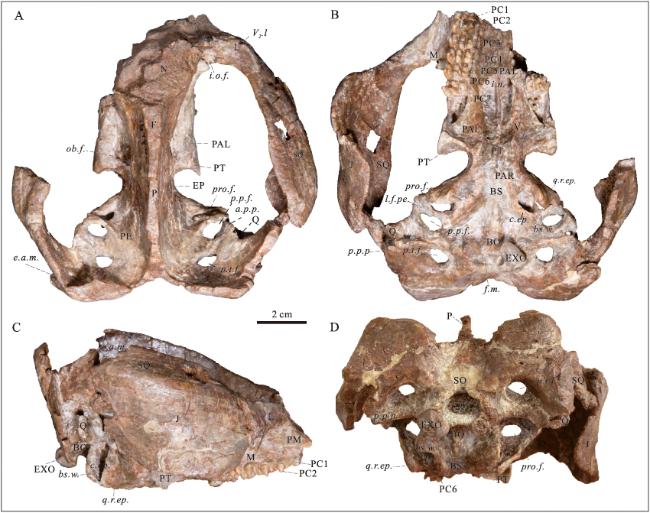
The abundant fossils in the strata record important information about the evolution of ancient ecology, ancient environment and ancient geography, and are important empirical data for tracing the evolution of the Earth's surface system. The geographical distribution of organisms is influenced by multiple factors such as the organisms themselves, climate, and geographical environment. Therefore, the temporal and spatial distribution characteristics of biological fossils are important bases for restoring palaeoclimatology and palaeogeography. When comparing strata and reconstructing the positions of ancient plates, the evidence of biological fossils plays an irreplaceable and non-negligible role. Fossil relics are a reflection of the behavioral habits of organisms during geological history periods. They can well reveal the interaction relationship between organisms and their living environment, sensitively trace environmental parameters such as hydrodynamic conditions, salinity, nutritional conditions, pore water and oxygen content in bottom water, and substrate conditions, and thereby help determine the characteristics of paaleoenvironment, palaeooxygen phase and palaeoecology. Analyze the modification of the reservoir by biological disturbances.